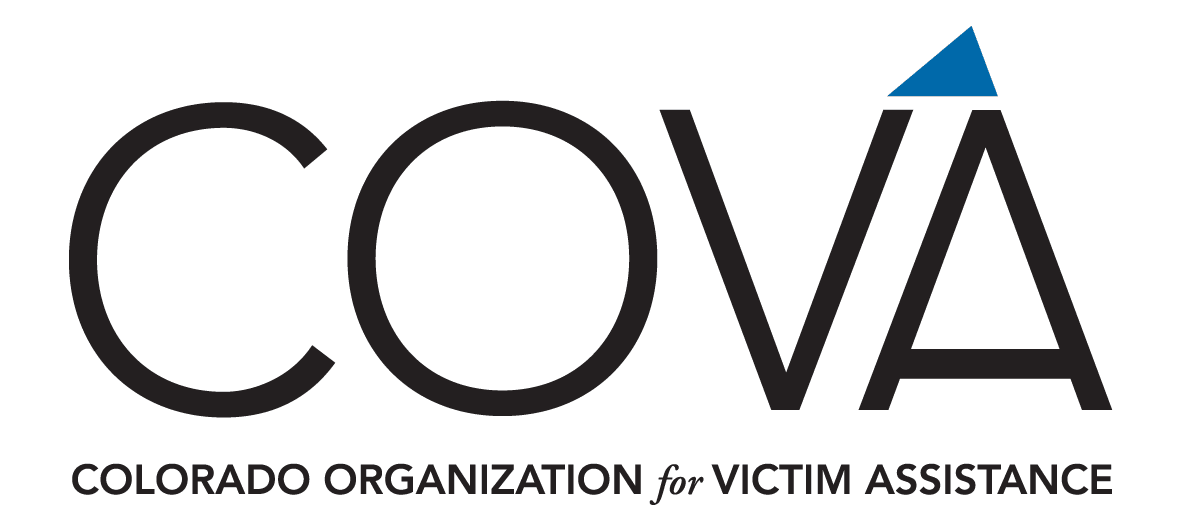Cova's mission
The Colorado Organization for Victim Assistance (COVA) is committed to fairness and healing for crime victims, their families, and communities through leadership, education, and advocacy. By operating in an inclusive and compassionate manner, COVA creates solutions and positive change. COVA’s vision is to be recognized as a national leader in building a collaborative environment where crime victims are given the opportunity to heal and restore balance to their lives.
Get Involved with COVA
Training and Events
Colorado Victim Assistance Academy offers training for professionals and volunteers 2x a year.



